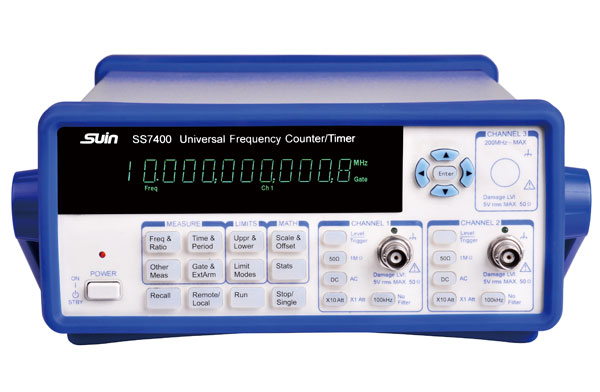

As fortune would have it, the cause circuitry of a range frequently has comparators constructed into the signal path (believe"border trigger"). It could sometimes need additional hardware, but the essentials exist.
The main specification of a frequency counter is precision - the greater the accuracy of the time base, the more precise the counter. Oscilloscopes also need to get an extremely precise time base, therefore a built-in counter can only use the range's clock.
Ultimately, an oscilloscope's trigger circuitry generally includes its own specific signal path designed specifically to extract the heart signal and block outside sound and unwanted frequency components. Contrary to the oscilloscope's acquisition circuitry, the cause circuitry does not have to recreate the sign with higher precision, it only requires to do a wonderful job of locating edges. Therefore, a Universal Frequency Counter offset may utilize a scope's output route rather than the acquisition signal route and receive a greater fidelity border.

Jul. 10, 2025
Common Uses and Types of Signal GeneratorsJun. 13, 2025
Power Quality Analyzers: SA2100, SA2200, and SA2300 – Which One Fits Your Workflow?May. 14, 2025
Stopwatch Calibrator Uses in Aerospace, Automotive and Labs